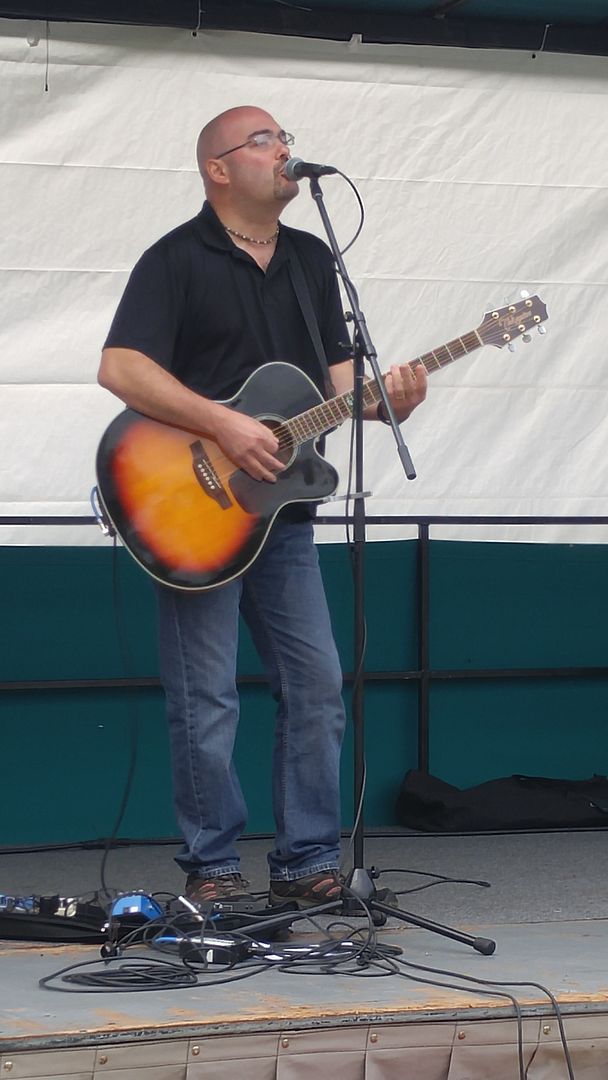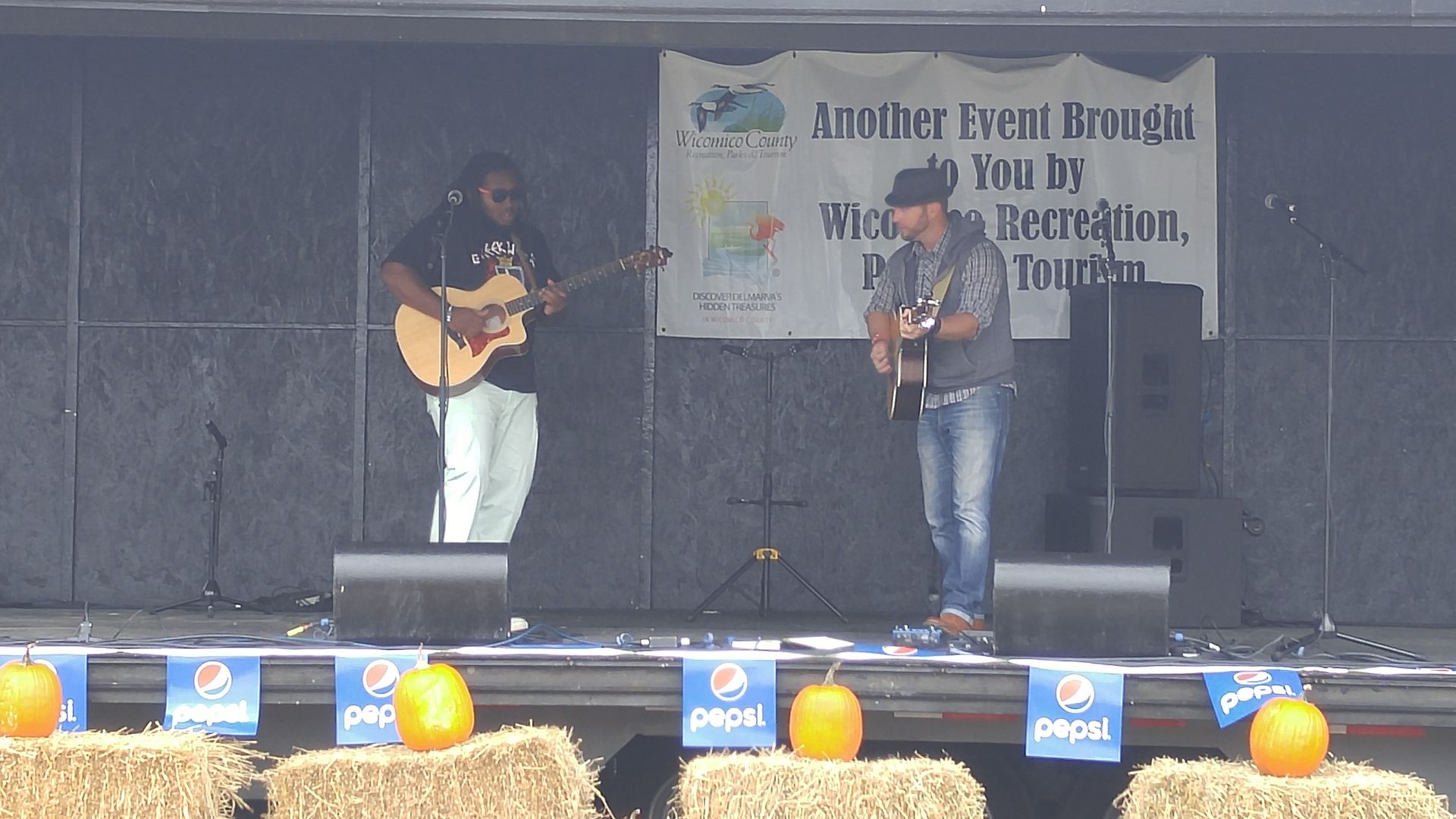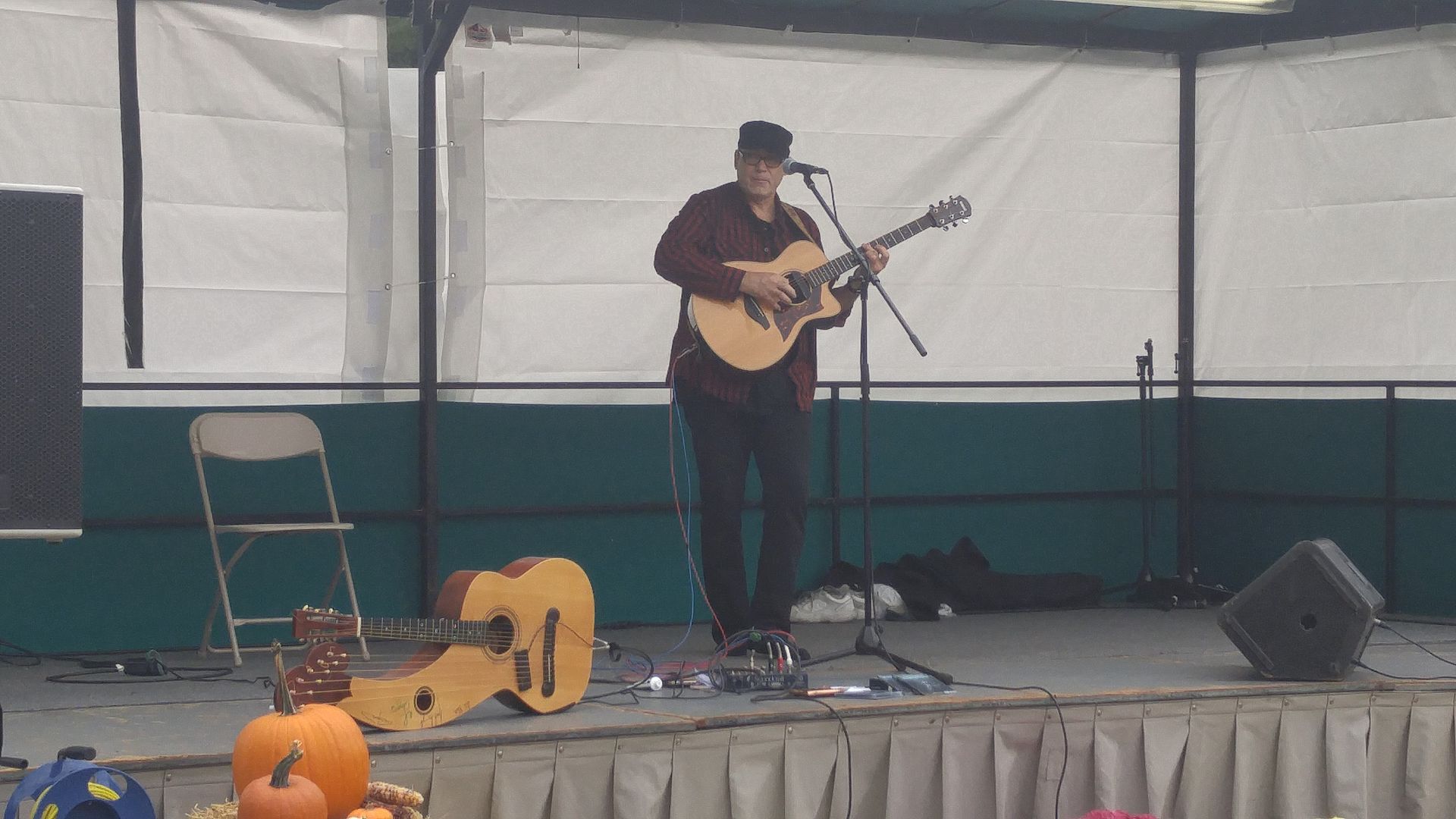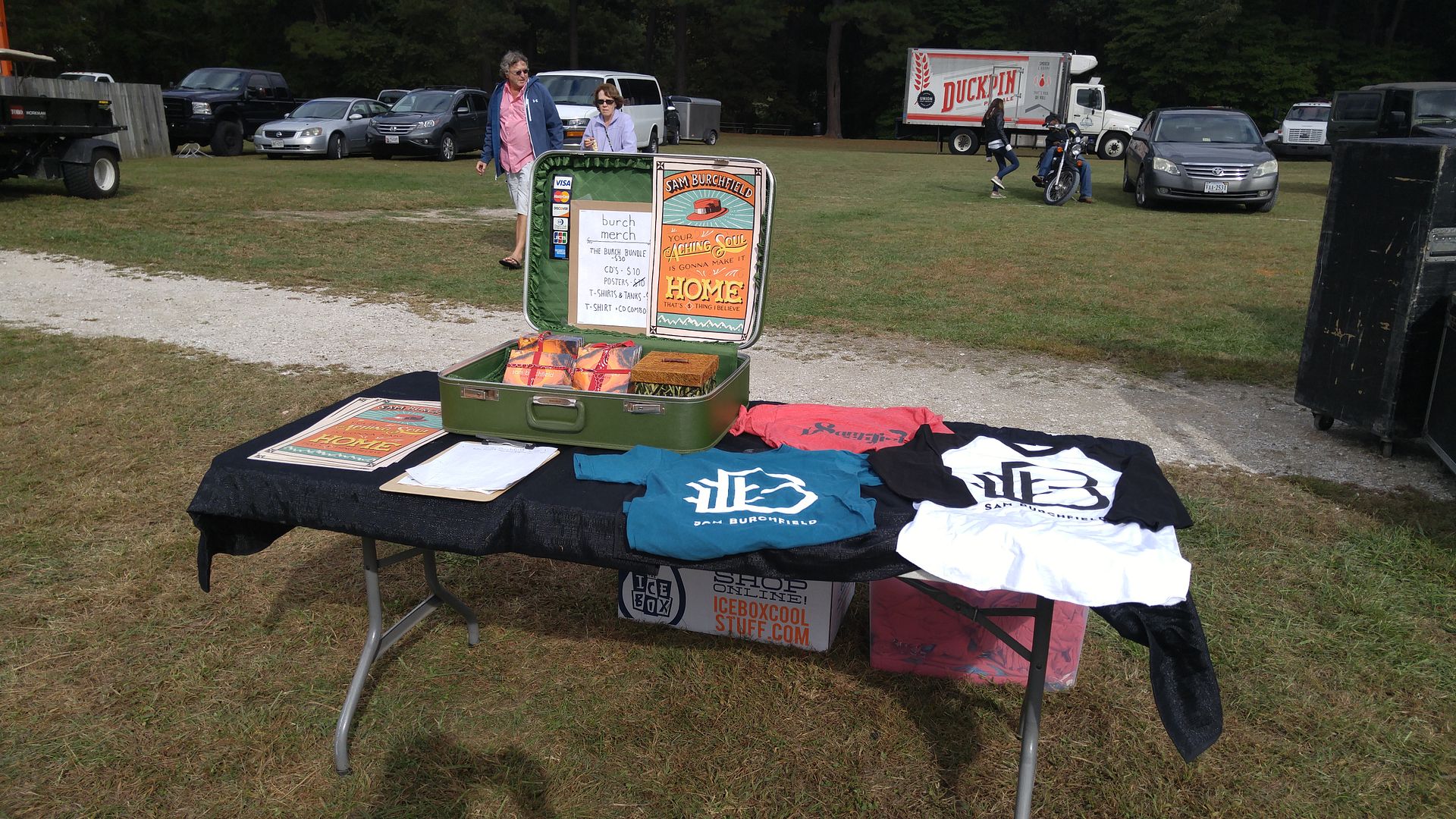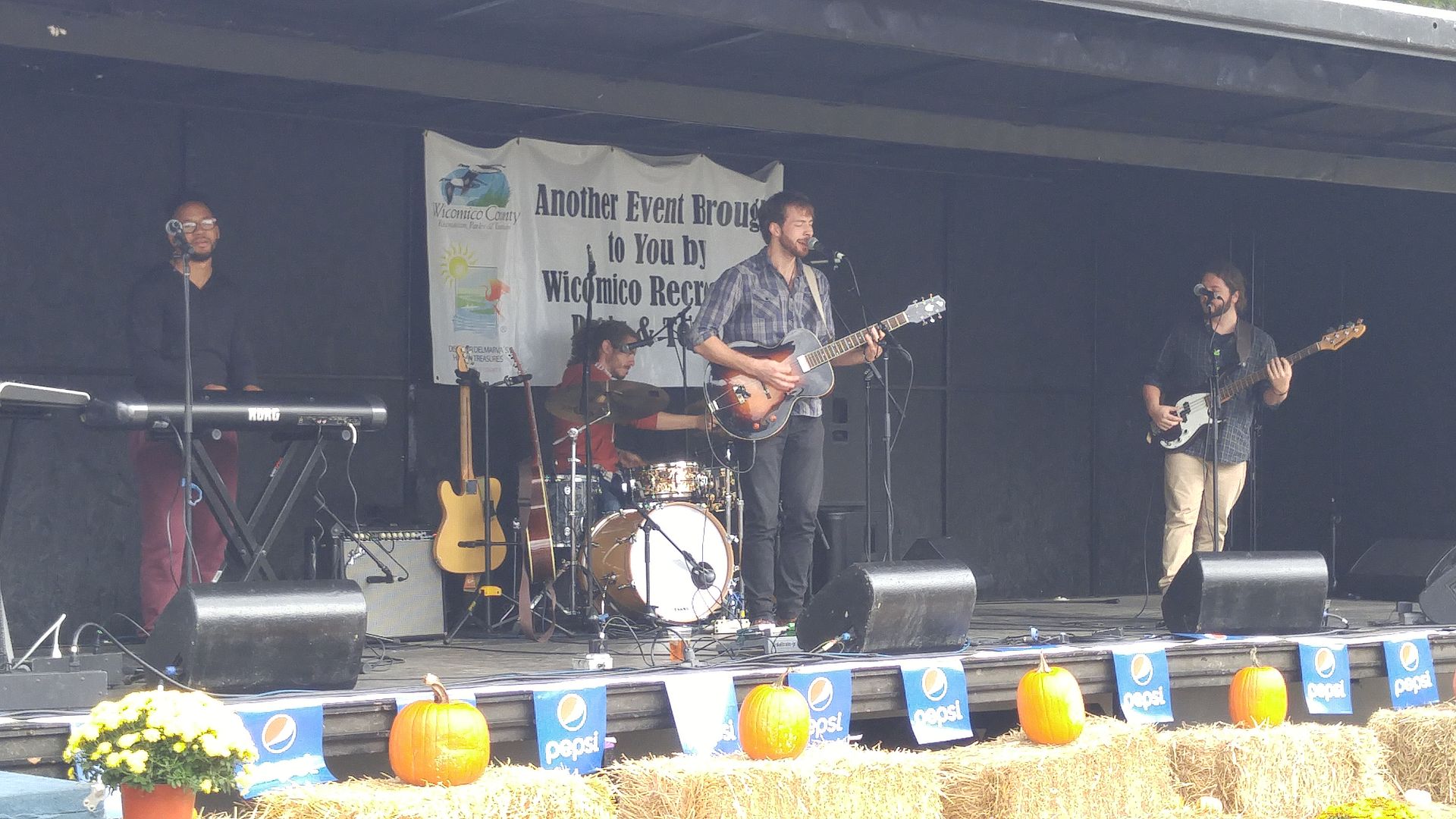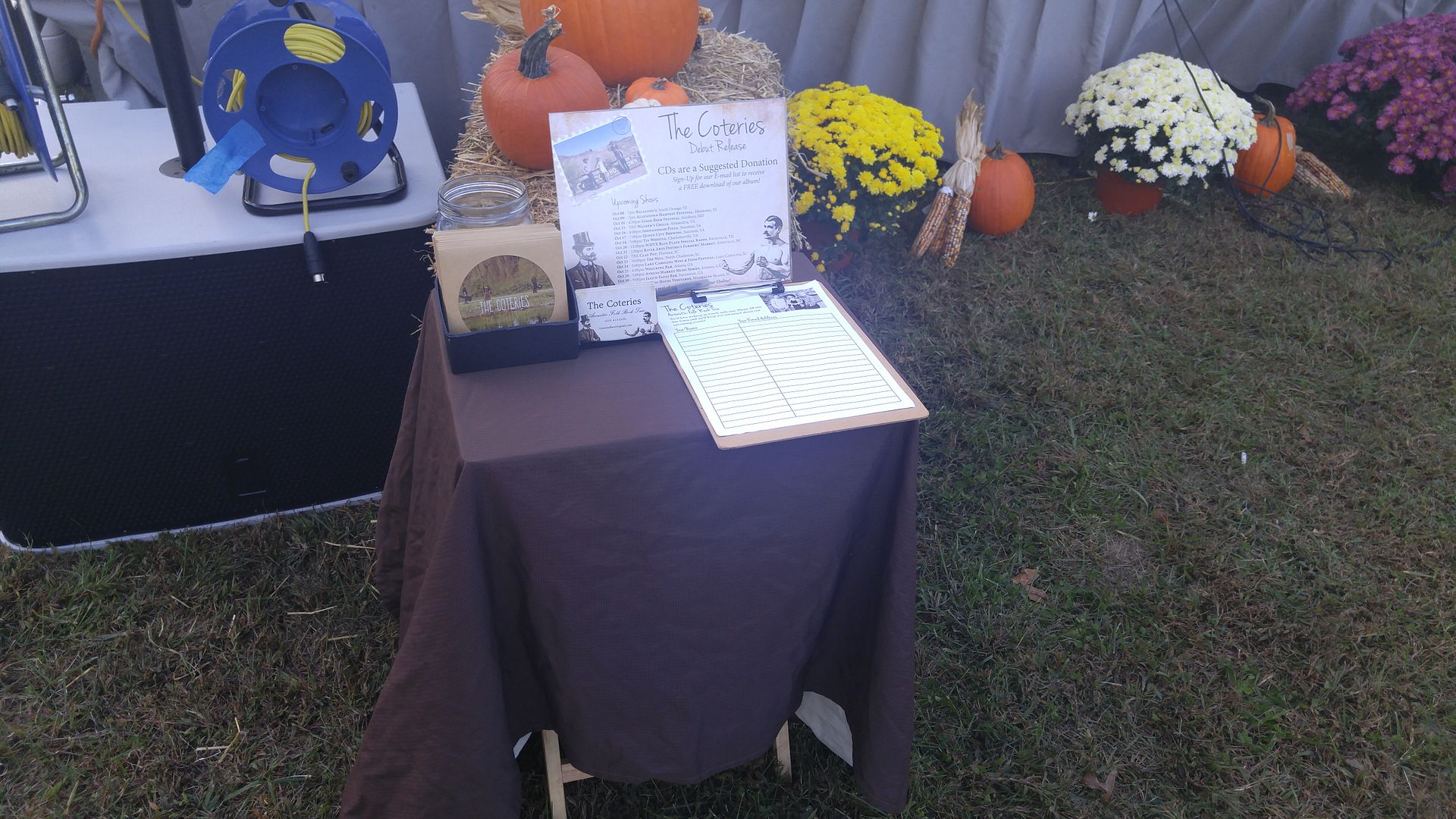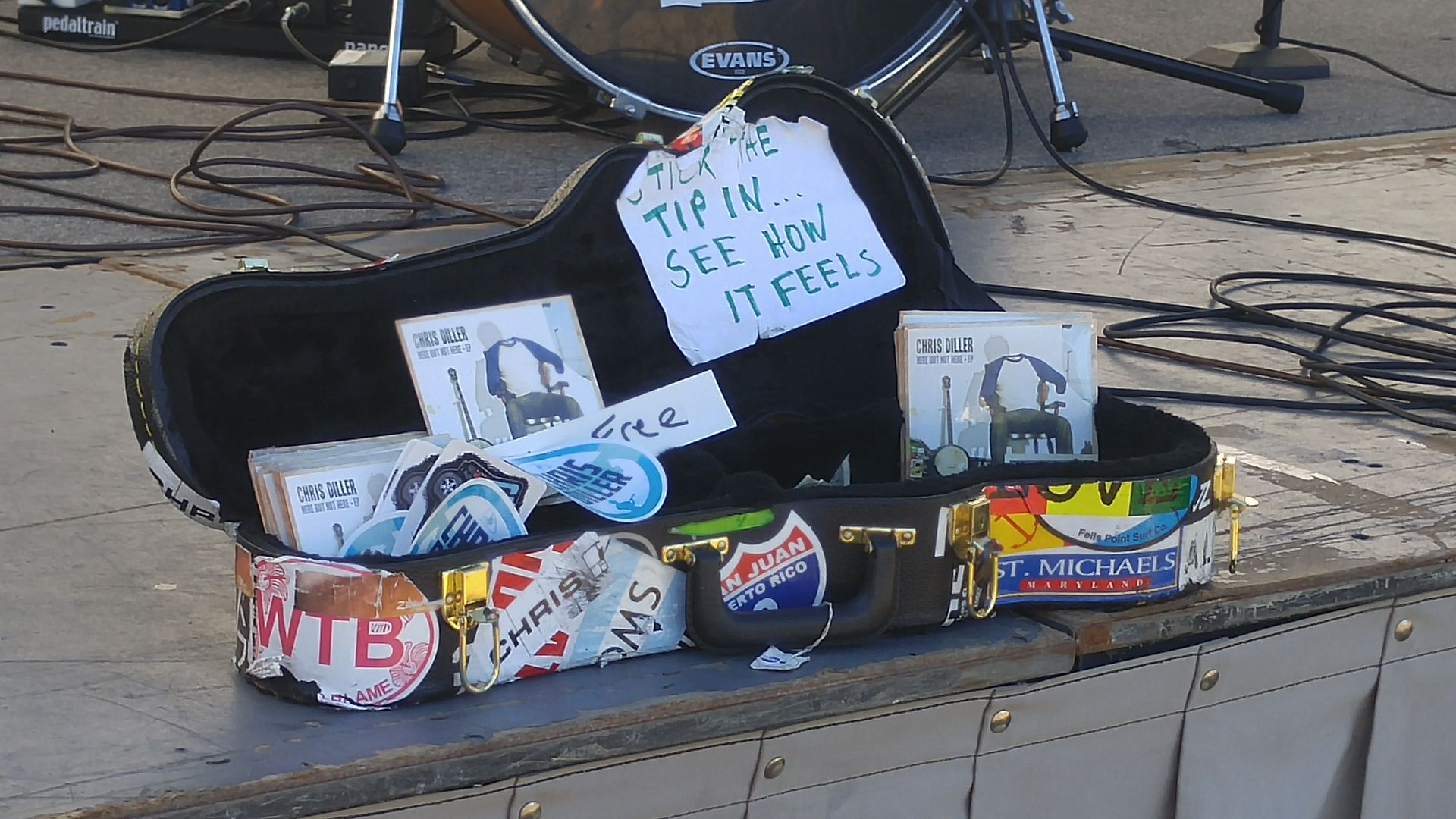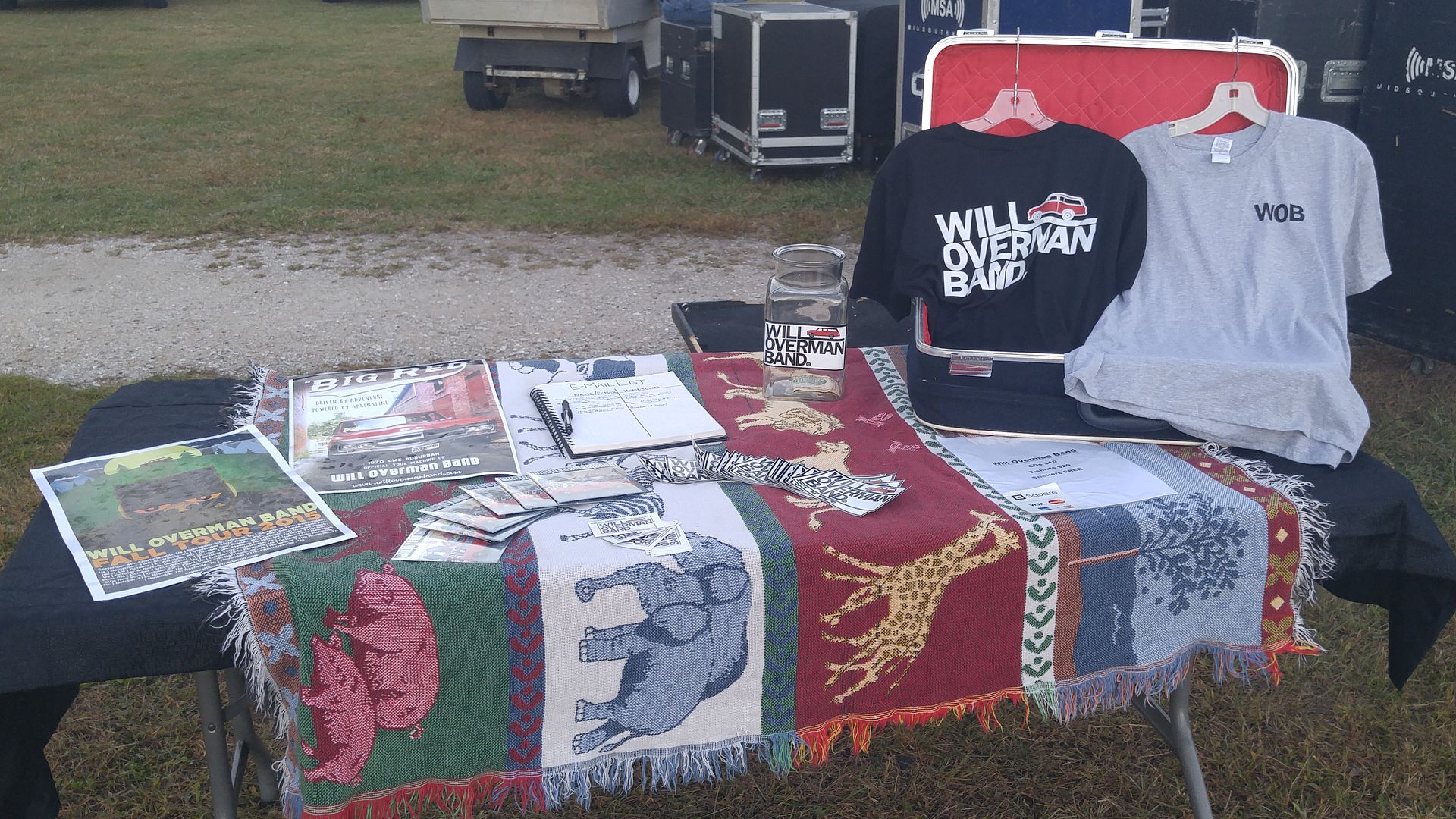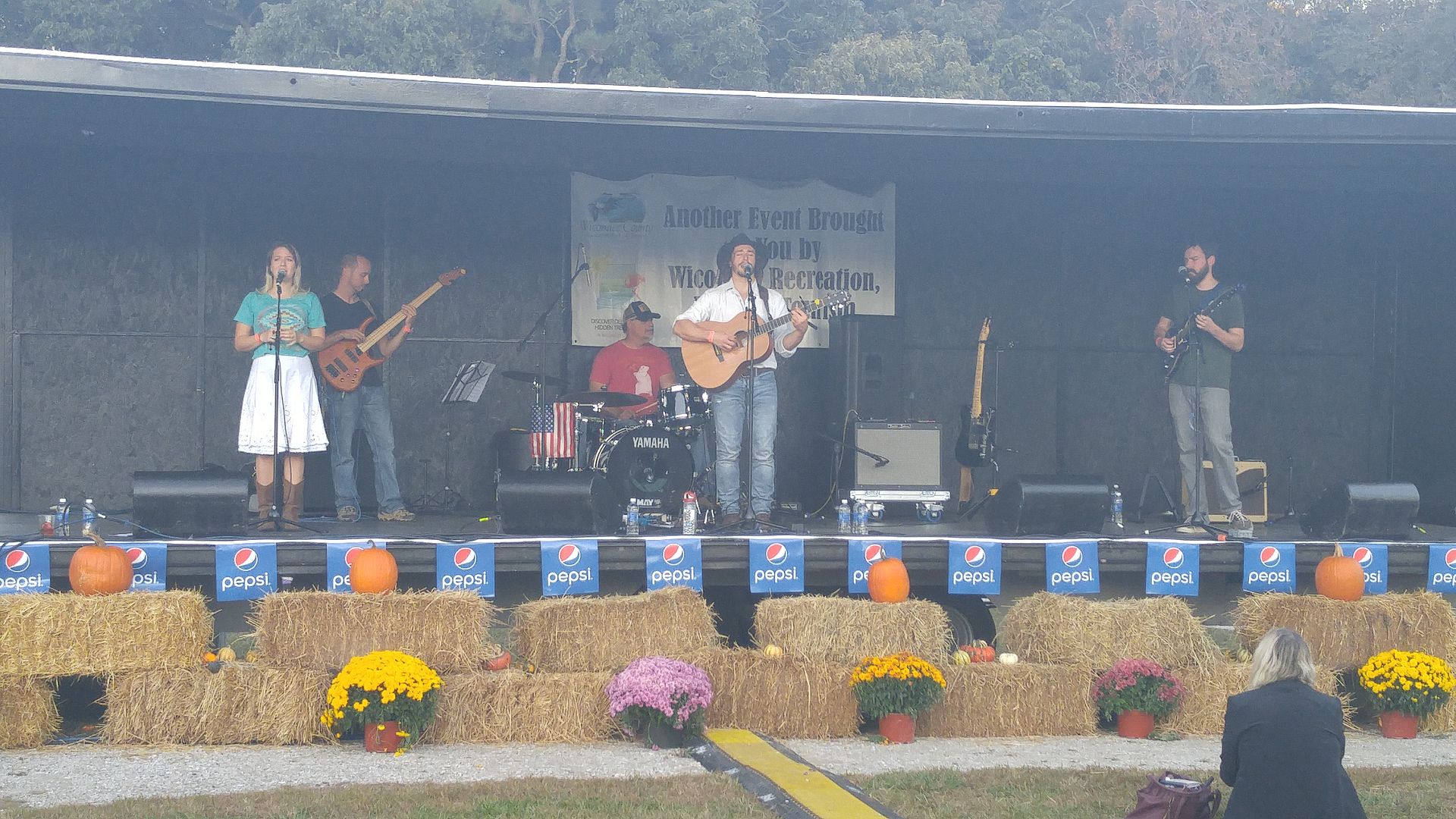After a delay of a month caused by a trial that resulted in a conviction, we got to hear from Matt Maciarello tonight as our featured speaker. So we did the usual Lord’s Prayer, Pledge of Allegiance, and roster of distinguished guests before received the treasurer’s report.
Matt went over the two key issues we’re having – juvenile crime and the opioid epidemic. Most of his time was spent talking about the latter, although he noted specific information on overdoses was hard to come by due to HIPAA restrictions. It was possible to deduce this information from other factors, though.
Noting that “you can’t arrest your way out of the problem,” Maciarello pointed out that the county had what he described as an “opioid reduction officer,” who was tasked with, among other things, figuring out what other states were doing. One example Matt used was the TROSA program in North Carolina, where rehabbing addicts were both treated and taught one of five trades.
Closer to home Matt wanted to see a 24-hour call center established so those in need could be connected to resources like available treatment beds. He also wanted to differentiate the legal approach to those who sold heroin for profit as opposed to those who sold it to feed their habits, although the idea was to get both off the streets. He also advocated for better coordination of treatment, explaining that support shouldn’t end when a patient leaves the center. Many people need methadone treatment for months or even years afterward, he added.
Yet there was a compassionate side to the approach. Matt believed we needed to “take away the shame from opioid addiction” because it’s touched a lot of lives and people shouldn’t be discouraged from getting help. Many times the problem began with over-prescription of legal drugs or kids accessing their parents’ medication, Eventually this can lead to heroin addiction, which is dangerous because of how the drug is “cut” with other compounds.
Juveniles were also a concern for Maciarello, who noted we have “a critical mass of anti-social teens.” Matt seemed a little frustrated with the current juvenile system, which he had “broad philosophical issues” with. A different path he spent some time encouraging was that of mentoring, for which there is a critical need based on a lengthy waiting list of youth looking for one. Even an hour a week can make a difference, said Matt! and he encouraged the club to be a leader in that regard. We were pleased to learn County Executive Bob Culver was on board with this idea, as Culver revealed some employee policy changes to accommodate the need were in the works.
Opioids accounted for about 70 percent of the crime problem, but overall Matt’s goal was “to set the model for the state” on reversing the problem.
All that was a tough act for City Council candidate Roger Mazzullo to follow, so he stuck more to his pro-business agenda. He wanted to work with the new mayor on bringing jobs and industry to the city through incentives; however, he also mentioned the desire to address youth crime through more activities for the youth. As a neophyte politician, Roger was “impressed” with the cooperation between law enforcement and the community; in turn, Maciarello praised Mazzullo for being the one candidate to meet with him and raise “thoughtful questions.”
One thing I asked, based on the marketing experience he touted, was what strengths he could use to sell Salisbury. He emphasized the rural feel of the area, but the subject somehow came atound to specific stores like Harris Teeter or Redner’s, specifically to fill the old Giant/Super Fresh location near the north Walmart. (Personally I think Redner’s would be the better fit there but I could envision either.) And you can count Mazzullo among those who want a Cracker Barrel. Still, he added “I believe in local (business),” adding he was less than impressed with his opponent’s business record as mayor.
After all that, the reports were fairly anti-climactic. On behalf of the Central Committee, Mark McIver reminded us the Lincoln Day Dinner was in less than two weeks, and we were looking for silent auction items. Thus, we secured a one-hour tennis lesson courtesy of Delegate Mary Beth Carozza (who as I recall played collegiately) and a surfing lesson from Matt Maciarello. Delegate Carl Anderton didn’t have a lesson to give, but a guided tour of the State House was a good substitute.
Alison Pulcher spoke on behalf of HERO Day, which will also occur on November 7. The main events are a 5k run and dog walk, but other events and speakers would also liven up the festivities.
I gave a brief synopsis of the fall festivals, taking the time to thank my volunteers, and also reminded the group we will need to establish a Nominations Committee by next month to select possible officers for next year. Finally, Joe Ollingrr asked if we could resume getting registration reports from the Board of Elections.
Truly, it was one of our more informative meetings of the year. The next one is slated for November 23, the Monday before Thanksgiving. It will be the final WCRC meeting of 2015.
 The name of the band alone should be worth something.
The name of the band alone should be worth something.

 I guess I’m becoming an old hand at this because I’m now doing subsequent releases from artists I’ve previously reviewed.
I guess I’m becoming an old hand at this because I’m now doing subsequent releases from artists I’ve previously reviewed. 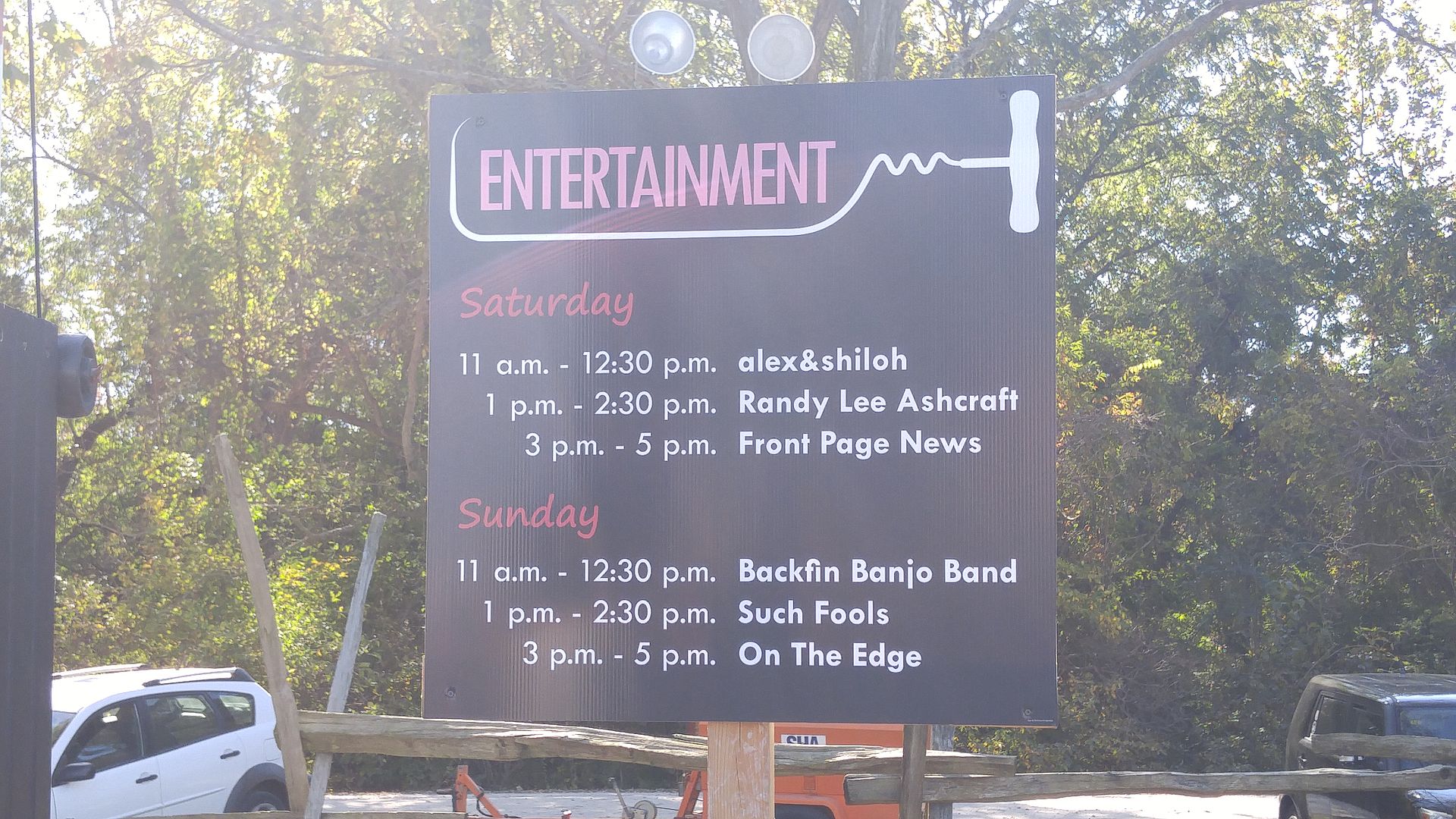
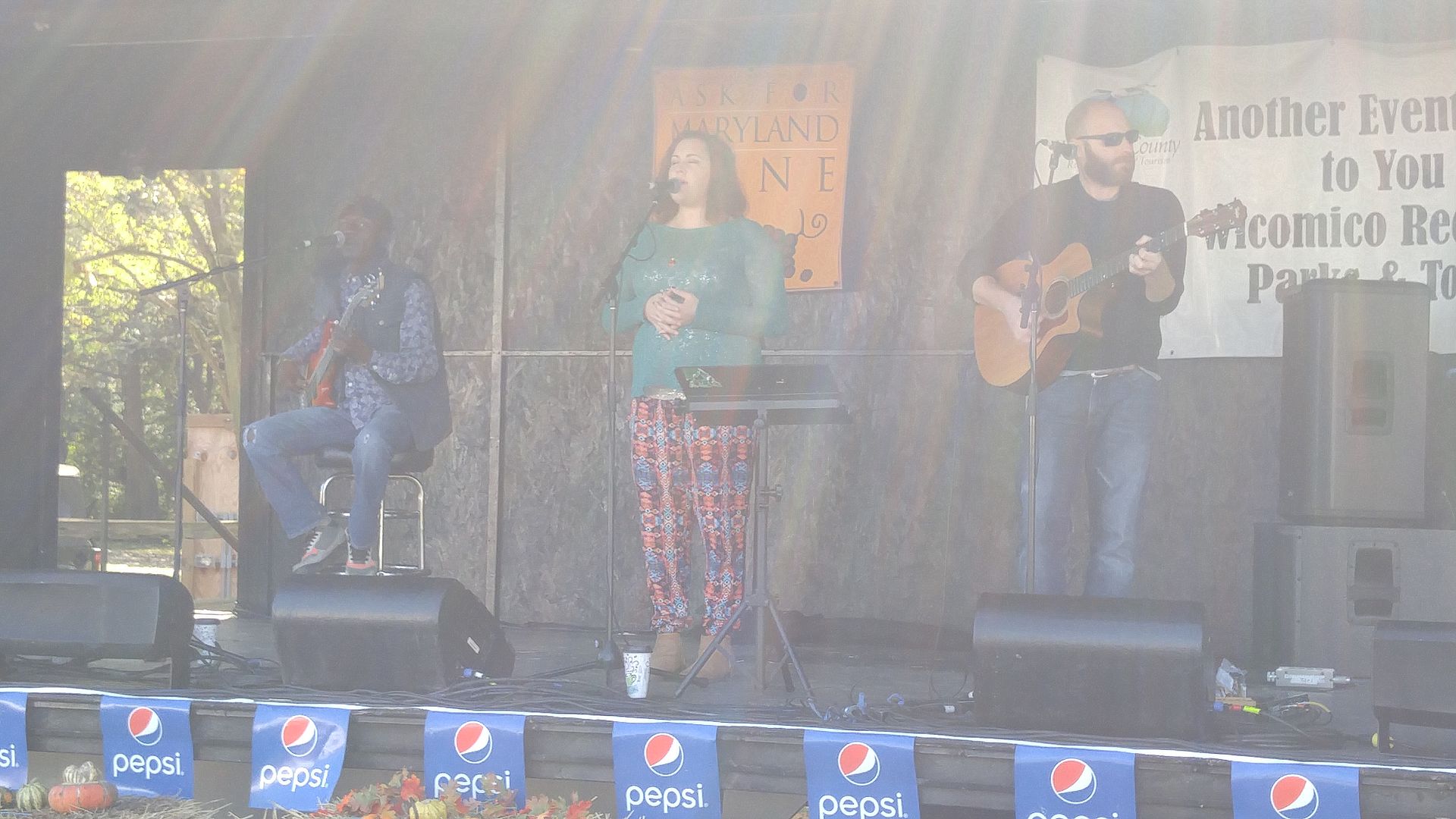

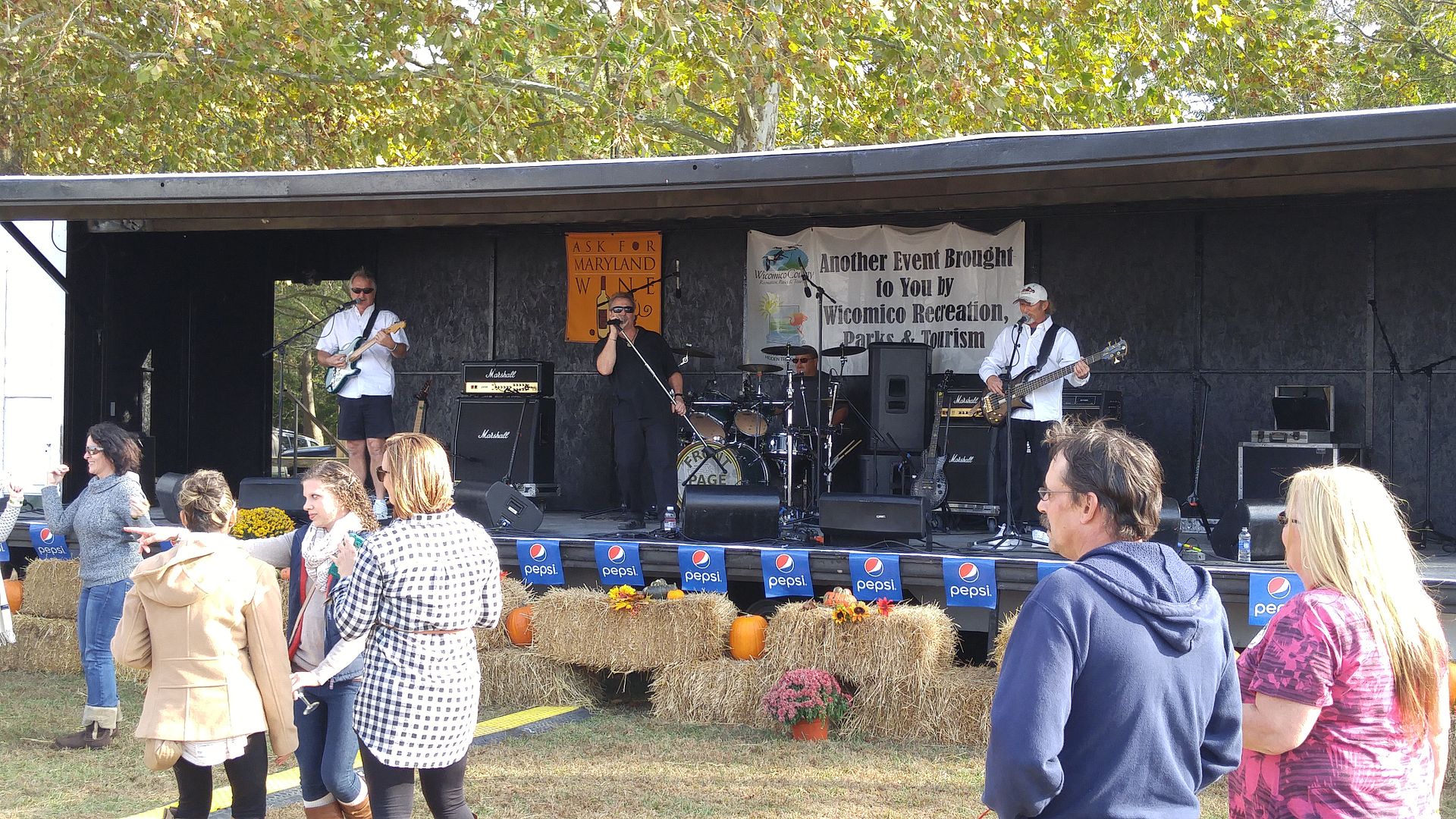

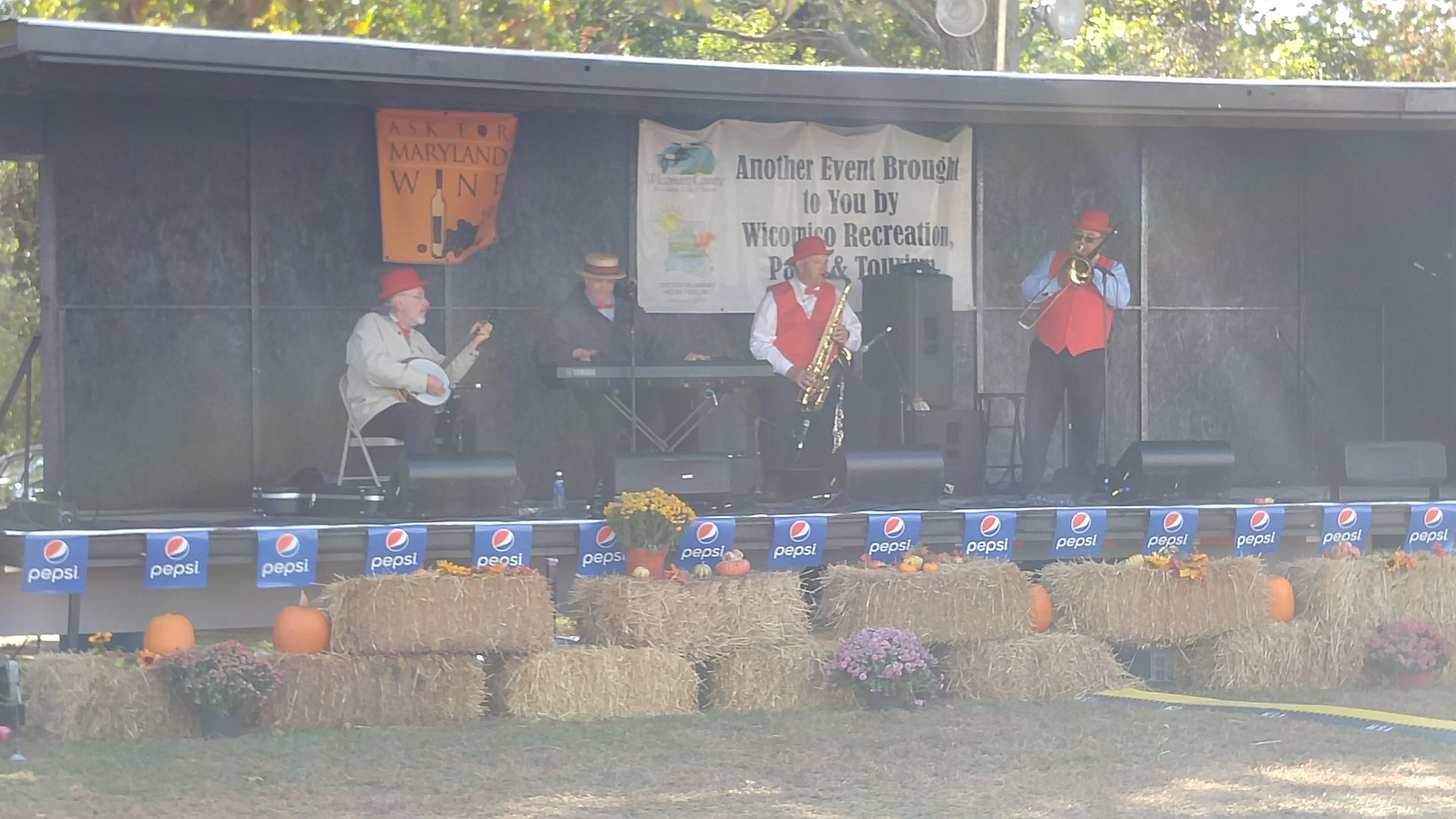

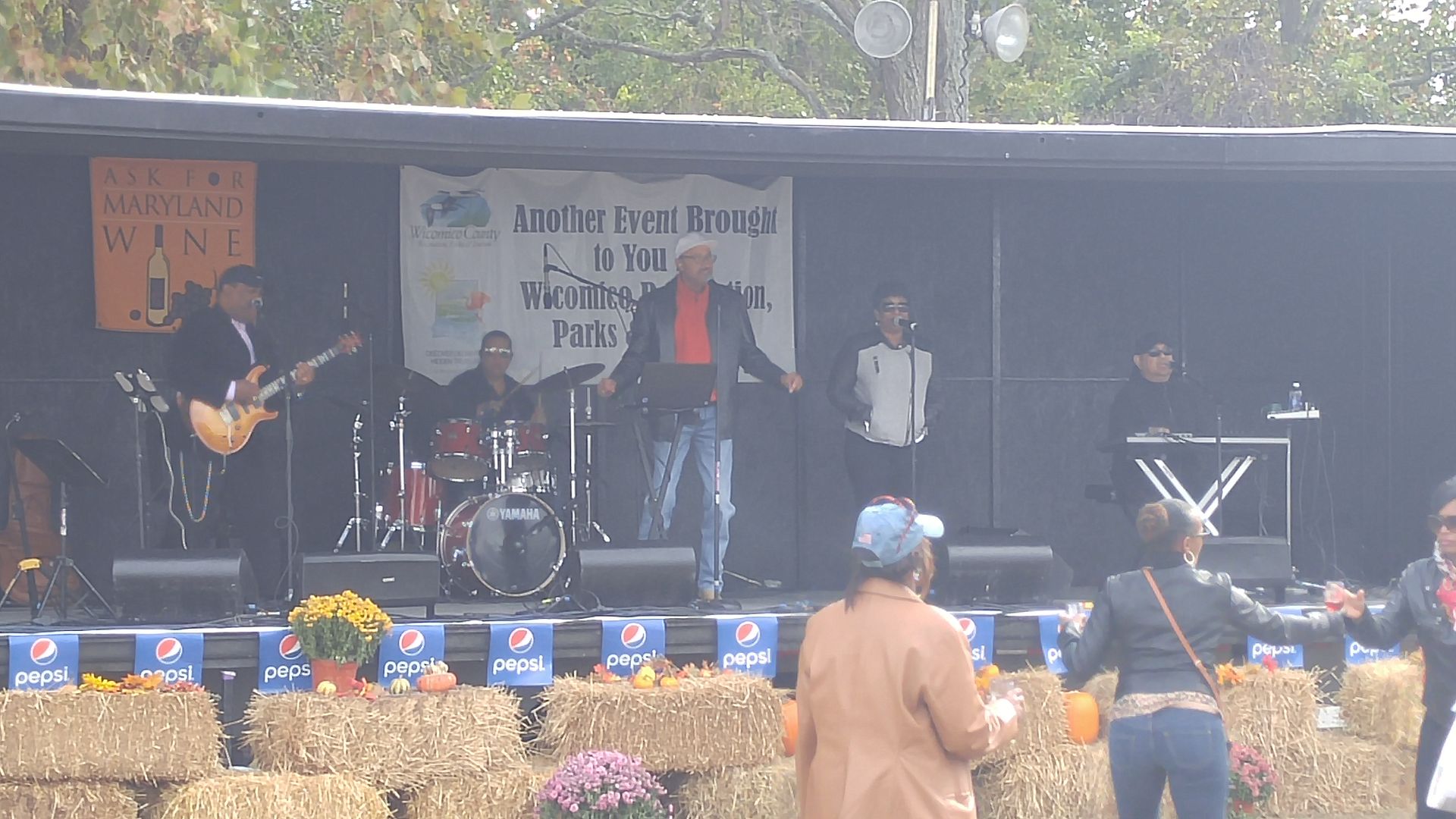
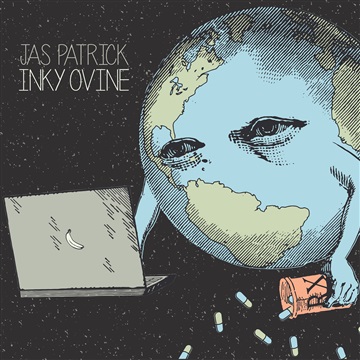 I have no idea who or what “Inky Ovine” is, but whatever its inspiration was to musician Jas Patrick I want to see more of it.
I have no idea who or what “Inky Ovine” is, but whatever its inspiration was to musician Jas Patrick I want to see more of it.
